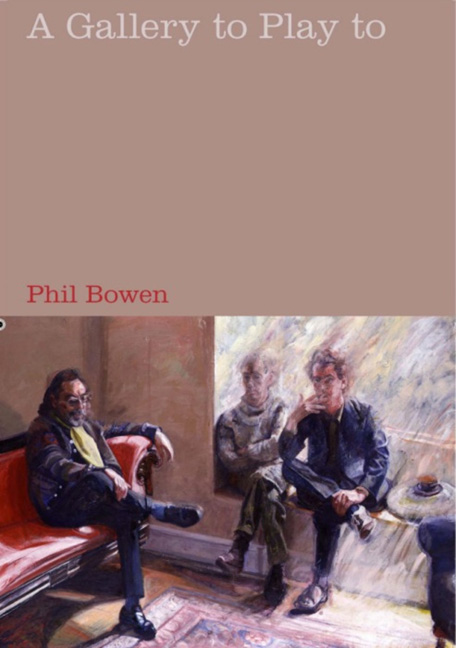Book contents
- Frontmatter
- Dedication
- Contents
- Author's Note
- Acknowledgements
- Introduction
- The Fifties and the Beginning of the Liverpool Scene
- Roger McGough 1937–1958
- Adrian Henri 1932–1956
- Liverpool 1957–1961
- Brian Patten 1946–1961
- 1961–1968
- The End of the Sixties
- The Seventies
- The Eighties
- The Nineties
- The Noughties
- Bibliography
- Index
Adrian Henri 1932–1956
- Frontmatter
- Dedication
- Contents
- Author's Note
- Acknowledgements
- Introduction
- The Fifties and the Beginning of the Liverpool Scene
- Roger McGough 1937–1958
- Adrian Henri 1932–1956
- Liverpool 1957–1961
- Brian Patten 1946–1961
- 1961–1968
- The End of the Sixties
- The Seventies
- The Eighties
- The Nineties
- The Noughties
- Bibliography
- Index
Summary
‘… the contender …’
The island of Mauritius is a remote dot in the Indian Ocean. Famous as the home of the dodo and two renowned stamps, the 1847 Penny Red and the Twopenny Blue, it had long impressed travellers and writers. One was Charles Baudelaire, who saw the seductive beaches in ‘Parfum Exotique’ as a place where
nature gives
Peculiar trees and tasty fruits.
Men whose bodies are slim and strong
And women whose eye is astonishing in its frankness.
It was here that Louis Ernest Henri Celine was born in 1854. The son of a Master Mariner, a natural traveller and adventurer, he had sailed the world three times before reaching the age of thirty. His restlessness continued, and in 1887 he set sail once more on yet another marathon voyage, arriving this time at the city of Liverpool. Here he found a place basking in the glory of being the most significant port and third richest city in the British Empire, its name echoing from the seafronts of Singapore to the tobacco plantations of Nyasaland. It generated more tax revenue than Birmingham, Bristol, Leeds and Sheffield put together, and was where Cunard and the White Star line had based their headquarters. Thirteen miles of docks and shipyards provided employment for 100,000 people. It was where huge ships from all corners of the earth brought cargoes of pilchards, tobacco, cotton, metals and gems. The over-crowded, bustling streets were paraded by a mixture of bankers, barrowboys and beggars which reminded Louis Ernest Henri (having now dropped Celine) of Marseilles. He decided to drop anchor and stay for a while, perhaps even set up home.
A year later, while visiting the nearby Cheshire town of Birkenhead, he met a local pattern-maker's daughter whose eye to him was ‘astonishing in its frankness’. They immediately fell in love. Louis Henri and the much younger Edith Shaw were married shortly afterwards in 1889. Their first home was in Whetstone Lane, Bebington, before they moved to the much larger 7 Lowood Road to accommodate their quickly growing family. It was here that Edith Henri ‘ruled the roost’, and where music and laughter were always in the air. It was also where their fifth son, Arthur Maurice, was born on 6 July 1898.
- Type
- Chapter
- Information
- A Gallery to Play toThe Story of the Mersey Poets, pp. 22 - 30Publisher: Liverpool University PressPrint publication year: 2008



